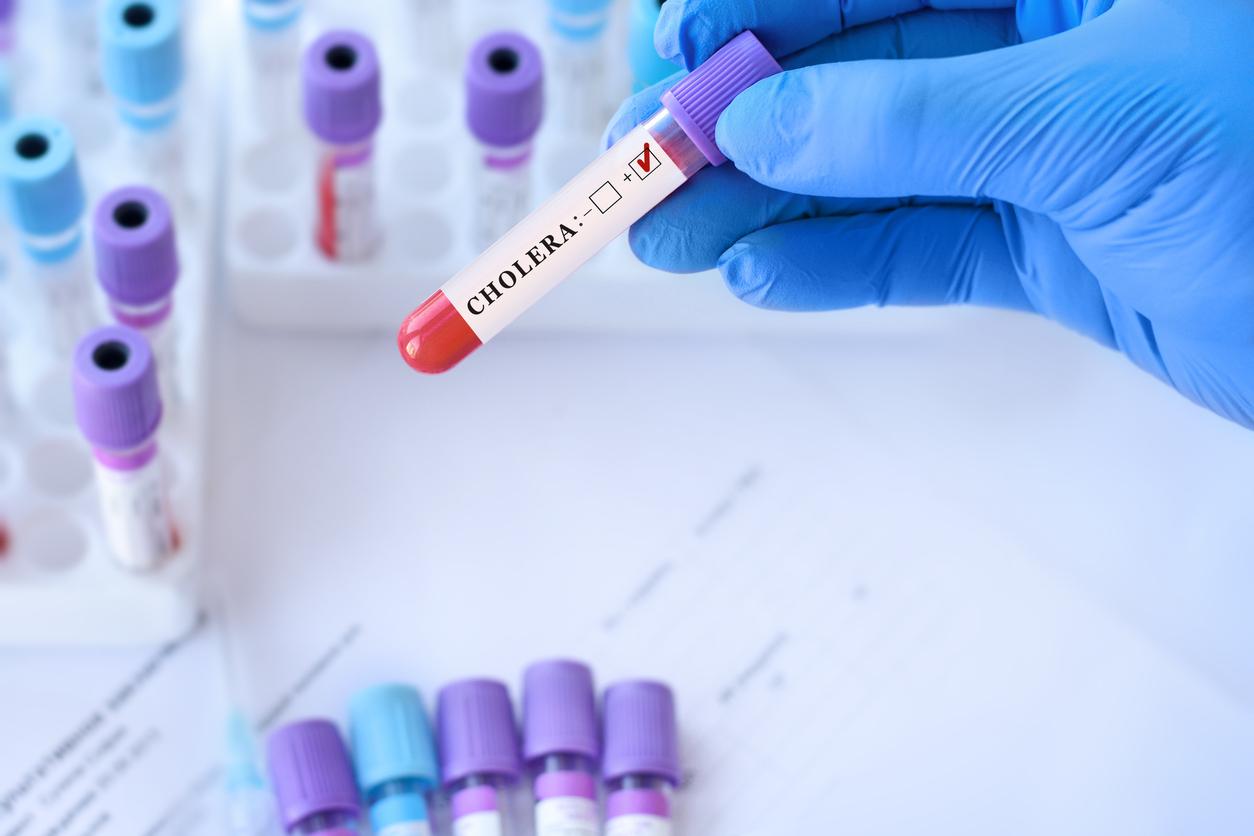More and more cases of antibiotic resistant gonorrhea are being reported in the West. According to experts from the World Health Organization, this could be due to an overuse of antibiotics in the context of the Covid-19 pandemic.

Gonorrhea, otherwise known as gonorrhea, is the second most common sexually transmitted infection (STI) after chlamydia. Every year, it affects 78 million people around the world. It is treated with single dose antibiotics orally or by intramuscular injection. Unfortunately, according to specialists from the World Health Organization (WHO), more and more cases of treatment-resistant gonorrhea have been reported in the West in recent months. According to them, this could be due to an overuse of antibiotics in the context of the coronavirus pandemic that we are currently facing. Experts now fear that all strains of gonococcus, the bacterium that causes gonorrhea, will become unresponsive to antibiotics. In which case there would be no longer any means of treating STIs effectively.
Gonorrhea is caused by gonococcus Neisseria gonorrhoeae, a very intelligent bacterium capable of developing resistance to antibiotics extremely quickly. “Every time we use a new class of antibiotics to treat the infection, the bacteria evolve to resist it.”explains Dr. Teodora Wi, a doctor in the WHO reproductive health department, in an interview with the British daily The Sun.
“Overuse of antibiotics in the community may fuel the emergence of antimicrobial resistance in gonorrhea. Azithromycin — a common antibiotic to treat respiratory infections — was used for the treatment of Covid-19 earlier in the epidemic”she continues.
superbacterial gonorrhea
“During the pandemic, STI treatment services have also been disrupted. This means more cases of STIs are being misdiagnosed, resulting in more people self-medicating. Such a situation can fuel the emergence of resistance in gonorrhea, including superbacterial gonorrhea (super gonorrhea) or gonorrhea with a high level of resistance to current antibiotics recommended to treat it”she worries.
However, treatment-resistant gonorrhea can have serious complications. A poorly treated patient will be much more likely to catch HIV or develop eye infections that can lead to blindness. Untreated, the disease can also lead to inflammation of the testicles, prostate, tubal or ovarian abscesses, ectopic pregnancies and even infertility.
To prevent this STI, researchers at Oregon State University (USA) are working on a vaccine. In New Zealand, scientists have discovered that the vaccine against meningitis B may protect against gonorrhea. But while waiting to see more clearly, the condom remains recommended. Remember, however, that it is not infallible. A simple contact with the mucous membrane, fellatio, cunnilingus or rimming are enough to cause the spread of gonorrhea but also chlamydia, syphilis, papillomavirus, genital herpes, trichomoniasis or hepatitis C and D. These last can also be caught through the blood. Sharing syringes or drug equipment is therefore also a risk factor.
In the case of gonorrhea, the patient may suffer from fever, burning during urination, pain in the pelvic area or even see a greenish yellow discharge from his vagina, his penis or his anus, between two to seven days after contamination. Skin rashes have also been reported.

.















